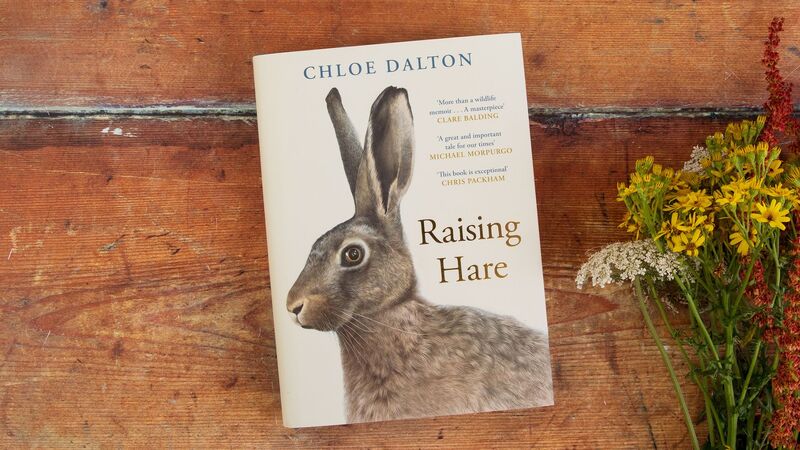You are viewing your 1 free article this month. Login to read more articles.
In the Shadow of the Crescent Moon
Fatima Bhutto’s The Shadow of the Crescent Moon is a passionate début that begins and ends in one life-changing day in northern Pakistan.
It focuses on three very different brothers—Aman Erum, who has just returned home from America, Sikandar, a doctor, and Hyatt, a young idealist—and the two women they love, Mina and Samarra. All five characters are trying to live and love in a turbulent and isolated place, and all are forced to make terrible choices. The three brothers meet for breakfast on a rainy Friday, not knowing that the upcoming day will end in devastating circumstances for all of them.
The characters of Mina and Samarra are at the heart of The Shadow of the Crescent Moon as Bhutto explains: “It was the women who developed and became stronger and more overwhelming as I kept writing. I had a vague idea of what I wanted from each brother, but the women took over. They were the surprise to me. At the beginning Mina was a very frustrating character, but her strength comes out later, she seems fragile in a way that she is not. Samarra is wonderful because she is so principled and so pure, but it is also what makes her impossible. There is no way around what she wants and what she believes in.
Pakistan
“The media has become so sensationalised that it only has room for one sort of image when it looks at a country like Pakistan and what I liked about both Mina and Samarra is that they are both the kind of women I know in Pakistan. I think when people think of Pakistani women they think of reserved, quiet, compliant women and I don’t know any quiet, compliant women in Pakistan.
"They are very powerful in their own ways, there are just so many shades between them, and to be strong and brave in an environment like Pakistan doesn’t only mean one thing. They both share a strong spirit and an unwillingness to be absorbed by their environment.
“The women I grew up with are all survivors and it takes something extraordinary to survive in a country like Pakistan. So they are both very real to me; they are not fictional at all.”
More than fiction
The novel is set in the fictional town of Mir Ali, a small place in Pakistan’s tribal areas close to the border with Afghanistan. Bhutto wanted Mir Ali to be a combination of a lot of real locations in Pakistan, for it to stand as a reflection of every town in a country that is “trying to figure out what it is in such turbulent times”.
“I wanted to set it in the north, in a tribal area, because we only hear about those places in one way: Taliban. But, I wanted it to be a combination of lots of towns; I didn’t want to make up a completely fake city, because even though it is fiction, it is not a fake story.
“It is important to look at these places through people, I think it is a novel about how we love in different ways, because in environments that aren’t stable one has to learn to love and live in different ways. Everyone in this book is young and looking at how war affects the imagination of youth is the most disturbing part, it infects the way of thinking and what they see as possible and what they see as ordinary. Their imagination exists in place of fear already.”
Bhutto of course comes from a famous political family—her aunt Benazir Bhutto, who was the 11th prime minister of Pakistan, was assassinated in 2007 and her politician father, Murtaza Bhutto, was murdered when she was just 14. Although this is her début work of fiction, in 2010 she wrote a “daughter’s memoir”, Songs of Blood and Sword (Jonathan Cape). But with all of that fractious family history behind her, does she worry that even a piece of fiction will be seen by people as an overtly political statement?
“I’m sure they will, but I hope at the end of it they see it as a story about people. I feel so deeply for these characters, I feel really protective of them in a way that I never thought was possible to feel about made-up people. Even though I wrote a very personal non-fiction book, this for me in many ways was more personal. Fiction inspires compassion and demands empathy, for even the worst kinds of characters, and it is really hard to find that in politics.”
In the Shadow of the Crescent Moon by Fatima Bhutto is published by Viking.
You might also like:
Nadeem Aslam on The Blind Man's Garden
William Dalrymple, the return of the history king















